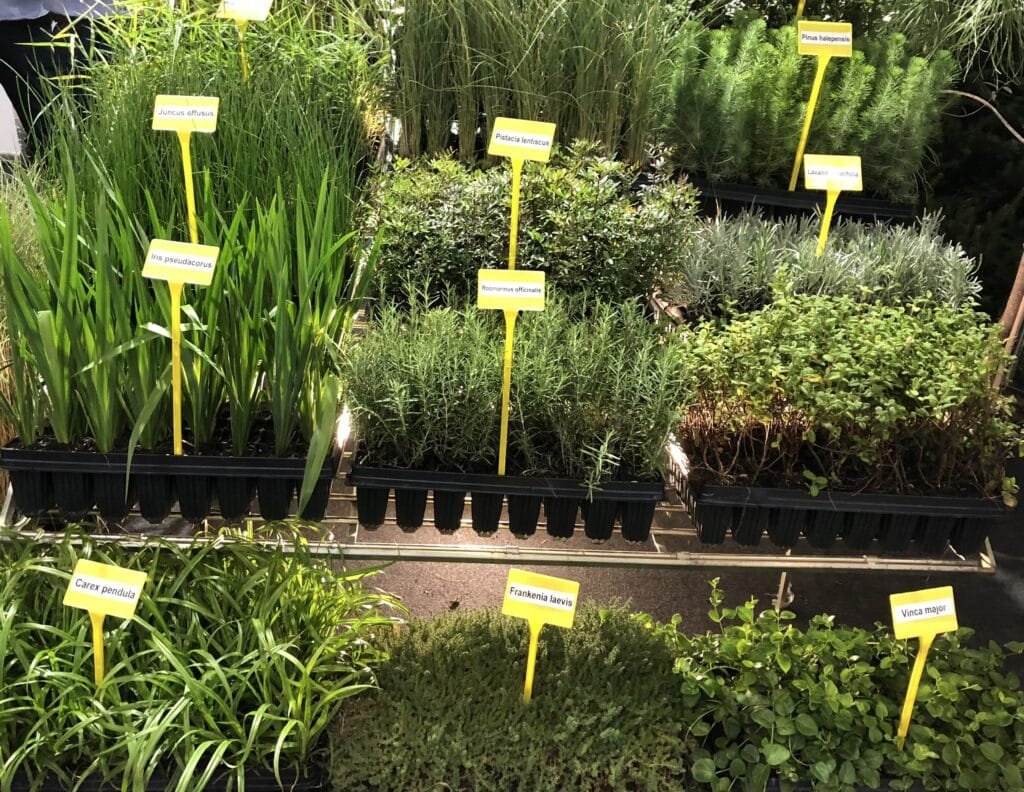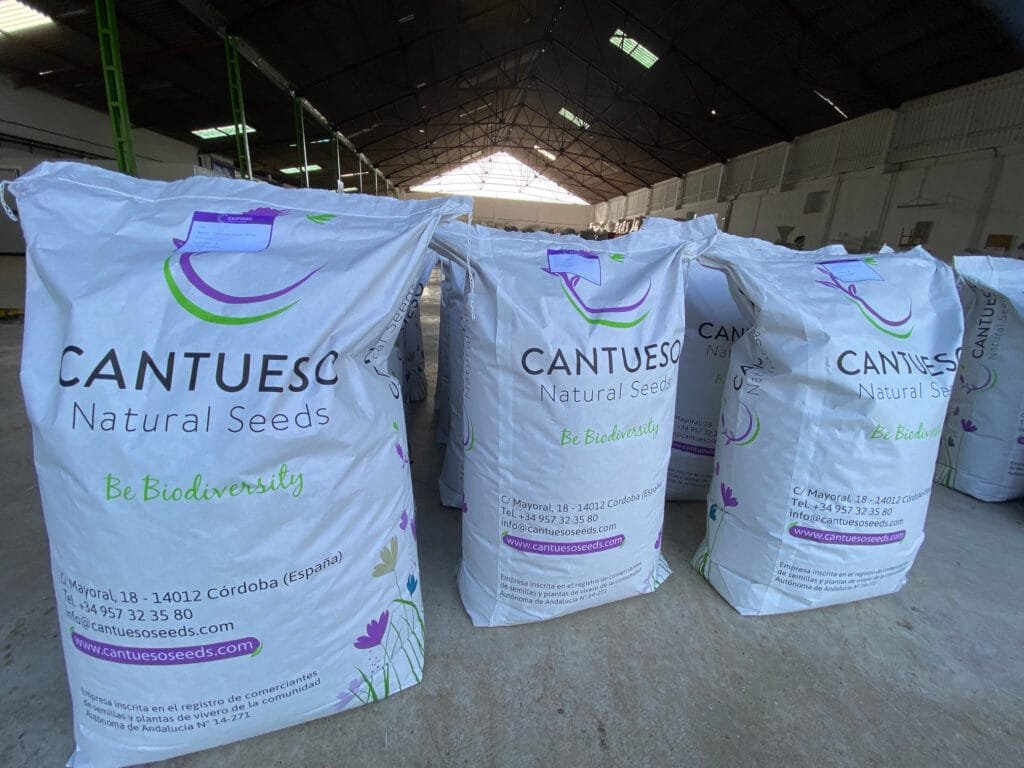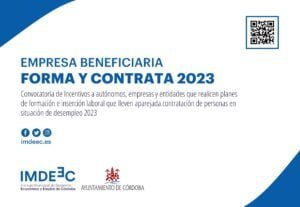We offer over 850 different species of Iberian flora wildflower seeds to landscape restoration or environmental recovery companies, public bodies, universities, nurseries, environmental education companies, laboratories, etc …
We produce native seeds for use in of ecological restoration, for biodiversity, agriculture and the environment. We are a leading company in the research, development and production of indigenous seeds from the Iberian Peninsula, specialized in their cultivation, production and use.
CANTUESO has more than 25 years of professional experience, advising, producing and disseminating the use of wild plant seeds.
We use sustainable, ethical and environmentally friendly production methods, with all the guarantees and support of the institutions responsible for the protection of wild flora in our country.


Advantages of using native seeds from sustainable collections in natural and/or wild populations.
- They help to disseminate, disperse and preserve botanical diversity and genetic purity
- They enable the knowledge and use of native wild flora in different areas.
- They guarantee phytogenetic traceability. The seeds are collected with guarantee of origin in Natural Parks on the Iberian Peninsula.
- They enable the availability of different origins for specific species used in conservation or reintroduction projects.
- Due to the nature of their origin, coming from an artisanal, sustainable and ecological activity, they add a differentiating value to the final product.
- They are seeds that are highly appreciated and recognized for their quality and qualities by various environmental and agricultural research institutions and public entities.
- They are Natural Seeds, free of chemical treatments and of any type of improvement or genetic manipulation.
- The plants obtained from our seeds show greater adaptability and survival rates on all types of soils and in all weather conditions.
- They present better performance and content in organoleptic properties (oils, aromas, etc).
- Their use counteracts the so-called “genetic erosion” caused by the effects of man on crops and the “improvement of seeds”, which reduce the genetic base, and increase vulnerability (susceptibility) to diseases, pests and insects.
- They enable the development of new economic activities based on the enhancement of these natural resources and their derivatives.
- With the collection of wild seeds in natural populations, the artisanal activity that generates employment and wealth in rural areas with fewer possibilities of development is favored.
- The harvesting activity itself, through artisanal and sustainable procedures, enables the control, improvement and survival of wild populations.
- It is an activity that can be considered "of public utility" since it ensures the availability of plant genetic resources to Researchers, Germ plasm Banks and Botanical Gardens in charge of preserving wild flora.
- They make it possible to carry out re-population and landscape restorations in areas affected by natural disasters or by human negligence, with genetic material typical of the area, since the impossibility of cultivating many of these wild species, would prevent their availability for this type of undertakings (high mountain flora, coastal areas and dunes, desert areas, etc.).

